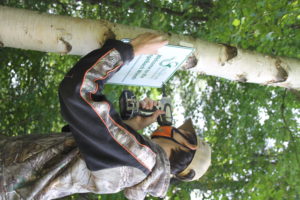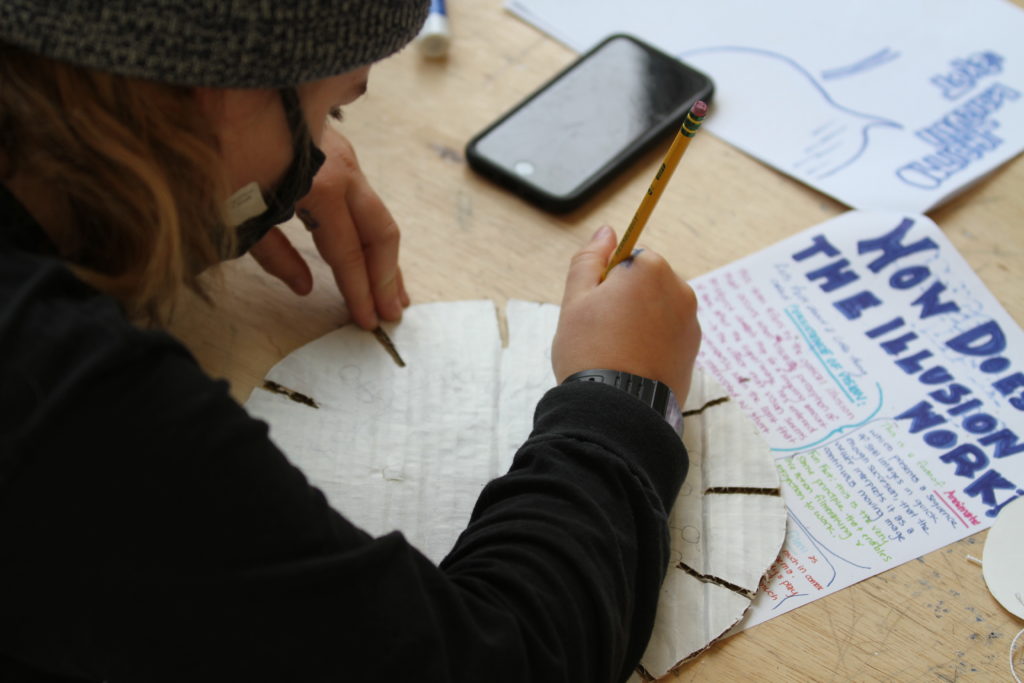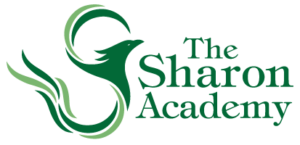Electives begin at TSA HS
September 23, 2020
Electives at TSA are an amazing opportunity to explore content and skills that might otherwise be hard to access. Students have the chance to interact with teachers and peers outside of their core classes. Students also have the ability to distinguish the narrative of themselves as students through the electives they select. A student might be trying everything possible, or taking the same classes and developing more complicated skills or leadership within that course. Electives also offer a variety of different standards. Students are encouraged to consider within which TSA Essential Transferable Skills evidence can be obtained in each class. Here are the electives being offered during the first marking period.
Chemistry teacher Rob Stainton is teaching a Design and Build Elective that will use wood to build a lean-to for use as an outdoor classroom on the school property. This elective will generate a design for the structure, select and prepare a location and attempt to build the structure before the end of the marking period. Familiarity with power tools and building with wood is helpful, and beginners are still welcome!
Emerson Gale of Seven Starts Arts Center is teaching Introduction to Music Theory & Composition. Students will examine the language of Western music (music theory); explore and gain an understanding of musical elements, including pitch, dynamics, rhythm, mode, texture, and tempo; and develop an understanding of melodies, phrases, and harmonies by learning to write scales, key signatures, and chords. Further, students will use their creativity to write melodies in specific modes and harmonize melodies with their knowledge of chords.
Physics teacher Steve Basham will teach Guitar to beginners and experienced players. The course can be largely tailored to each student’s goals and interests. With support from the teacher, students will be expected to develop (and likely revise) a routine that targets the skills (e.g. increasing speed for chord changes) and knowledge (e.g. learning songs or theory) that support their goals.
Alumnus Brad Farrell TSA’10 will teach Outdoor Discovery, which includes a range of activities that allow students to utilize the outdoors to reduce stressors that inevitably come with school and life. Students will explore activities such as walking with built-in time for reflection so students can document their thoughts before and after the activity. They will also look at incorporating a sensory pathway with the school’s trail network that allows students to feel more grounded after taking a walk on the trails; and will build bike obstacles for students to experience the challenge and satisfaction of expanding their two-wheeled skills (no skill level required!).
Humanities teacher Hanah Levinger will be teaching Knitting. Beginners will learn this age-old skill, while more experienced students may want to refine pattern reading or work on some calming knitting projects. Knitting needles and yarn will be provided by the school, but if a knitter would like to bring in their own material, they are more than welcome.

MP1 2020 Trail Crew Elective
Math teacher Chad Behre will teach the Trail Crew elective, where students will learn how to properly design and maintain woodland trails. Students will use tools including flags, saws, cloppers, picks, hoes, and rock bars to plan, brush and dig out a tread for a new trail, and to maintain existing trails. Students will also learn how to design and build timber and rock features, such as bridges, and stairways. Students in this elective are expected to contribute daily both through their efforts in planning the trail as well as physical work on the trail.
Instructor Cecily Anderson will teach about Climate Farmers. Students will examine the connections between agriculture and climate change—both the negative impacts of industrial farming and the great positive potential of regenerative techniques. With their art and research, the students will celebrate the farmers in our region who are digging in on the climate crisis, using their land to draw down carbon, reduce emissions and build resilience to climate change. Their final projects will educate and inspire growers with hands-on ways to combat climate change, and promote sustainably produced food in our region.
The first half of the class will be investigative, and will include guest lectures by a climate scientist and local regenerative farmer, as well as readings/video assignments. Students will interview a local “Climate Farmer” about their farming practices; research one of these techniques; and document their findings. In the second half of the course, students will create a block print poster featuring the farmer and explaining the regenerative practice they have focused on. Class will be spent in the studio with homework or studio work expected outside of class. The students will present their posters in the final class, and we will pursue public exhibition or publication.
Alumna Quinn Thomashow TSA’16 will teach a class on Camera-less filmmaking. Students will investigate the history of “camera-less” filmmaking from its ancestors all the way to the present. Each week students will trace the expanding practices of hand-made and camera-less filmmaking through tinting and toning, direct animation, writing with light, synthetic sound, computer glitching, and more. The class will explore hand-made cinema in its relationship to film history, by both watching short works and creating our own short works using these techniques. Students will be using primarily 16mm clear leader film, and experimenting with materials that are easily accessible. The goal of this class is to give students an understanding of camera-less techniques and how they relate to everyday life, while also opening students up to a new type of expression.
Art teacher Laura DeCapua will lead an elective called A picture is worth a thousand words…Really? Photography has historically been used as a vehicle for social change and has helped shape our worldviews, for better or for worse. Documentary photography by its nature aims to portray a topic honestly, without intervention, by recording authentic moments. In American History, documentary photography has been used quite successfully to persuade and change perspectives for over 150 years. In this course, students will be stepped through the process of creating a documentary photography project. Photography students will, after thoughtful research, choose a topic that they care about and wish to bring into the public’s view. Then students will show the topic in pictures. Students will study documentary photographers who have changed the course of history with their photographs and students will participate in discussions on the power (fleeting, or not) of photography. Students will receive weekly photographic prompts to guide the creation of a body of work on their chosen topic. At the end of the course, an online gallery of work will be created and shared with a broader community. Tools needed: personal computer and digital SLR camera (I have a couple cameras to loan)
French teacher Kimberly Barnhart will teach a Women’s Studies elective to explore how female biology affects who we are as women, as men, and as human beings. This class will explore the social, cultural, and biological definitions of what it means to be a woman. We will read the book, “Woman, an Intimate Geography” as a text on female biology. This book talks frankly about various biological topics, ranging from “female anatomy and physiology that explores everything from organs to orgasm, and delves into topics such as exercise, menopause, and the mysterious properties of breast milk.” We will also access other articles and current events exploring what is meant by “being female” in our culture, depending on the interests of the specific students. People of all genders are welcome in this class!
Athletic Director and Dean of Students Blake Fabrikant will reprise his popular Filmmaking elective. Students will be introduced to the process of filmmaking through various prompts and projects. They will cover topics in relation to writing, shooting, directing, and editing short films. The end goal is to teach students how to craft a short film from conceptualization to completion.


